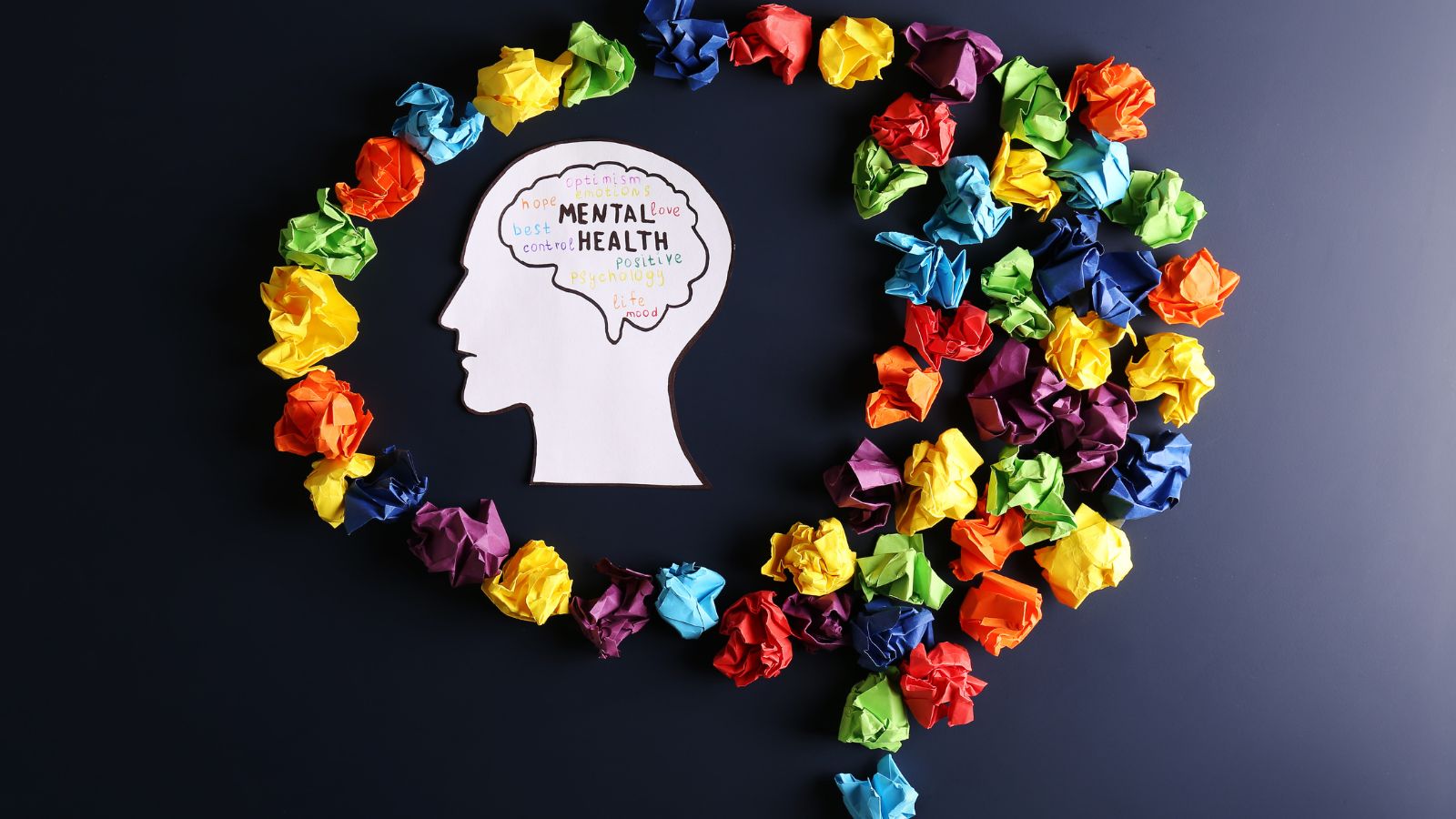Access to mental health care can feel out of reach for families with limited income, but Long Beach offers real solutions. Affordable clinics, community programs, and sliding-scale therapy options make it possible for families to receive support without overwhelming costs. These resources are designed to meet people where they are, regardless of insurance or financial status.
Many local clinics provide counseling, therapy, and wellness services at reduced fees, while others offer free programs for those who qualify. In addition, the city supports specialized services for children, teens, and adults, so families can find care that fits their specific needs.
By learning about these options, families in Long Beach gain the chance to address mental health challenges with dignity and support. This guide highlights the most accessible resources and programs available, making it easier to take the next step toward affordable care.
Key Affordable Mental Health Resources in Long Beach
Families in Long Beach can find low-cost counseling, community-based programs, and clinics that adjust fees based on income. Many centers also provide services for people without insurance, making mental health care more accessible.
Community Clinics and Nonprofit Organizations
Several nonprofit organizations in Long Beach provide therapy at little or no cost. These centers often focus on underserved groups, including youth, families, and LGBTQ+ individuals. They offer individual, family, and group counseling, as well as long-term treatment for those who need consistent support.
Some clinics also provide services in multiple languages. This helps residents who may face language barriers access care without added stress. Locations across the city make it easier for families to find a nearby provider.
Examples include youth-focused programs, centers that serve immigrant communities, and nonprofits that specialize in affordable behavioral health. These organizations often rely on grants or donations, which allow them to reduce or waive fees for clients with limited income.
Sliding Scale and Low-Cost Therapy Options
Many therapists in Long Beach adjust fees based on income through sliding scale payment models. This approach allows individuals and families to pay what they can reasonably afford. Some collectives and networks of therapists also offer sessions at reduced flat rates to make care more consistent and predictable.

For example, local therapy collectives connect clients with licensed professionals who provide counseling for individuals, couples, and families. Membership models sometimes require only a one-time fee, which helps lower the overall cost of treatment.
In addition, universities in the area provide counseling through training clinics. These services are usually supervised by licensed professionals, making them safe and affordable for students and community members. This option helps residents access evidence-based care without the higher costs of private practice.
Support for the Uninsured and Underinsured
Residents without insurance can still access therapy through community health centers and nonprofit clinics. These facilities often provide counseling, psychiatric evaluations, and medication support at reduced or no cost. Some centers also partner with hospitals or local programs to expand access.
Walk-in clinics in Long Beach offer urgent mental health care, including same-day evaluations. This can be especially helpful for families who cannot wait for a scheduled appointment. In addition, some centers provide ongoing outpatient therapy and case management to help clients stay connected to resources.
For individuals who need psychiatric care, the best professional psychiatrists in Long Beach also work with patients who have limited coverage. These practices may offer modern treatment options while helping clients manage costs through flexible payment structures. Families can therefore find both therapy and medical support without facing overwhelming expenses.
Specialized Support and Programs for Families
Families in Long Beach can find targeted mental health support that addresses the needs of children, parents, and caregivers. Services focus on counseling for youth, trauma recovery for survivors of abuse, and programs that help people manage anxiety and related conditions.
Youth and Family Counseling Services
Children and teens often face stress at school, at home, or within their communities. Affordable counseling services in Long Beach give families a safe place to address these challenges. Many programs accept Medi-Cal or use a sliding scale, which reduces costs for low-income households.
Therapists provide individual sessions for children, as well as family therapy to improve communication and problem-solving. Group sessions are also available, where young people can meet peers who share similar struggles.
Parents benefit from counseling as well. They gain guidance on how to support their children while also managing their own stress. This combined support helps strengthen family connections and creates a more stable environment for children to grow.
Resources for Survivors of Abuse and Trauma
Survivors of abuse often need specialized care that addresses both emotional and physical impacts. In Long Beach, low-cost programs offer trauma-focused therapy for adults and children who have experienced domestic violence, sexual assault, or other forms of abuse.
Counselors use evidence-based methods such as trauma-informed therapy to help survivors regain a sense of safety. Support groups also provide a space where survivors connect with others who share similar experiences.
In addition to therapy, some programs connect families with housing assistance, legal aid, and case management. These services reduce barriers to recovery and help survivors rebuild their lives with greater stability.
Assistance for Anxiety and Related Conditions
Anxiety disorders affect both adults and children, often disrupting daily routines and relationships. Affordable treatment in Long Beach includes counseling, peer support groups, and, in some cases, psychiatric care for those who need medication management.
Therapists teach practical coping strategies such as relaxation techniques, structured problem-solving, and gradual exposure to stressful situations. These approaches allow individuals to regain control over their symptoms.
Community-based programs also offer workshops that focus on stress reduction and resilience. Families can attend together, which helps them learn shared strategies to manage anxiety at home. This type of support reduces isolation and encourages long-term improvement in mental health.
Conclusion
Affordable mental health care in Long Beach remains accessible through community clinics, nonprofit programs, and low-cost counseling networks. These services give families practical options regardless of income or insurance status.
Sliding-scale fees, free clinics, and group support sessions help reduce barriers that often prevent people from seeking care. As a result, more residents can receive consistent support for issues such as anxiety, depression, or family stress.
Local programs also provide counseling for children and teens, which addresses early challenges before they grow more severe. This focus on youth support benefits both individuals and their families.
By combining individual therapy, group sessions, and outreach, these resources create steady pathways to care. Families gain tools to manage daily struggles while building healthier routines.
Access to affordable services allows more residents to seek help without the added pressure of high costs. This makes mental health care a realistic option for people who might otherwise go without support.
